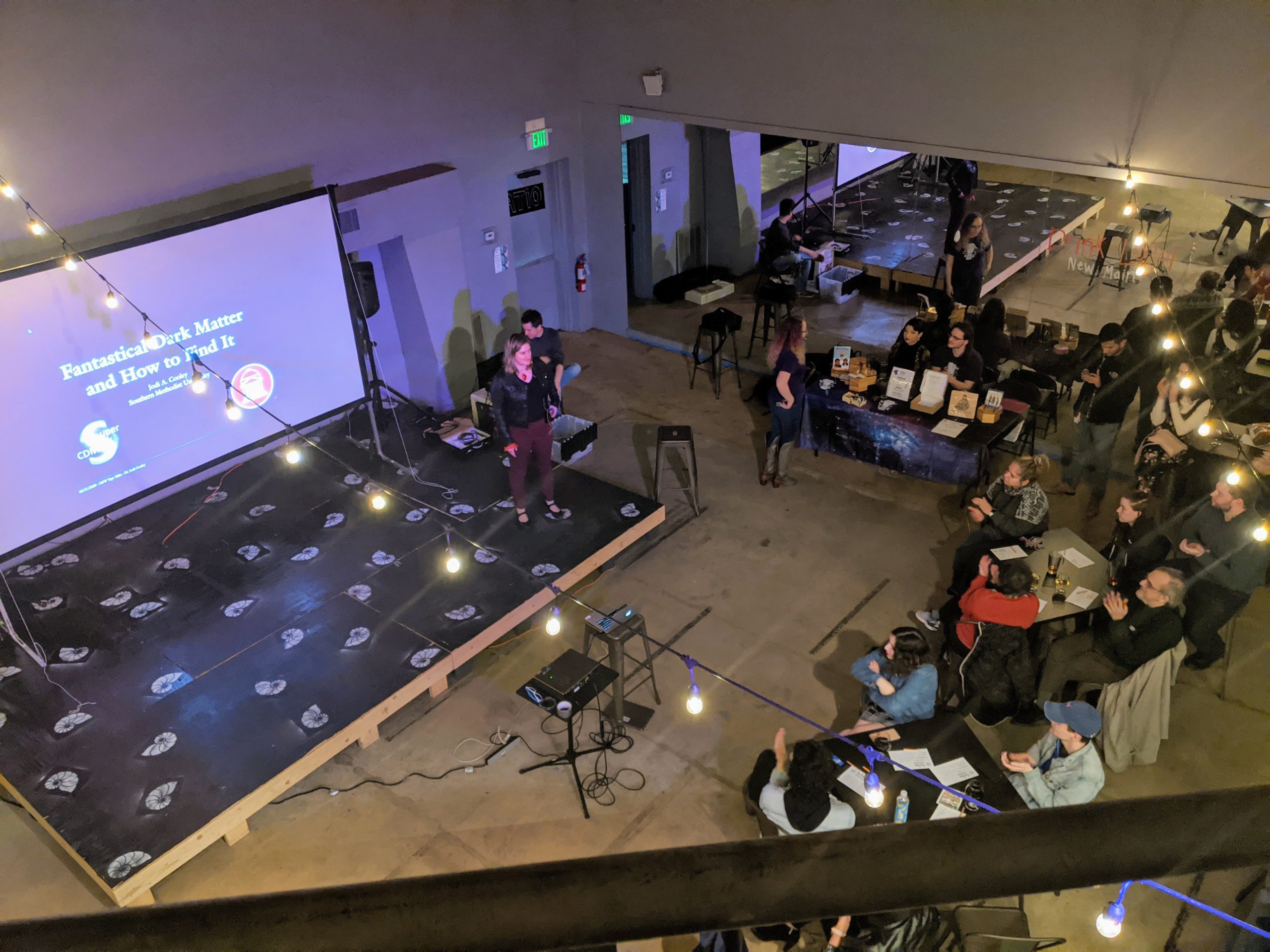This has been an interesting year for the Nobel Prize. Recognizing contributions to the world in areas like chemistry, physics, biology, literature, and even peace, the prize is awarded once per year to up to two lucky individuals in a given field. This year, the prize in physics was awarded to Albert Fert and Peter Grunberg for their research into a unique magnetic effect that made it possible later for hard drives to shrink. Without their interest into the basic principles of magnetism, the web as we know it, and the kind of rich personal data storage every PC enjoys, would simply not be possible. Being able to shrink the size of the medium while storing orders of magnitude more data is the reason that the power to create and edit music and video is now in the hands of the average person. You may decry YouTube, but the chaff was always there in peoples’ heads. Now they can express it, and you never know where you will find joy or genius.
The most interesting prize was the Peace Prize, awarded to both Albert Gore and Dr. Rajendra K. Pachauri (head of the Intergovernmental Panel on Climate Change, or IPCC). The award was given for ” . . . their efforts to build up and disseminate greater knowledge about man-made climate change, and to lay the foundations for the measures that are needed to counteract such change.” The media is playing the speculation game about how Gore will use this newfound publicity, but I’m interested in something more important than that: peace and basic research.
As scientists on the public payroll, we always face questions about the value of the research vs. the dollar investment. Many of us feel the need to constantly worry about the justification. Here, we see a great example of how science, politics, and peace converge in a single moment of recognition. The basic research into how climate changes, how to measure the change, and into the causes of change has been going on for well over two decades. As more and more strands of evidence appeared, the tapestry became one of a clear trend of rapid temperature increase, whose rate of change is much higher than at comparable times in the past. The cause was not changes in the sun, or natural global variations, but “forcing” as a result of greenhouse gases entering the atmosphere from human industry.
Though the science spoke louder and louder over time, it took a group of dedicated scientists and politicians to stand as advocates for the science itself. NASA administrators, members of Congress, and even former failed presidential candidates spoke out. Gore’s strategy – to release his powerpoint lecture on the data and the projections of the damage – certainly won the popular imagination. It drew criticism from scientists for being alarmist, but it also drew praise for being a loud voice in the crowd. People paid attention, and soon the national dialogue changed from a cacaphony of media talking heads to a coherent public discourse on how to address the problem. While the data were there, it took the international collaboration of the IPCC and the media saavy Al Gore to really wake people up and force them to participate in the discussion and the solution.
Here, the basic science and the politics had met and joined forces. And what about peace? Climate change is about the future, and how the present influences that future. We cannot know the future, but science gives us a framework to project the consequences of our actions. Left unchecked, we may not see the horrible visions of movies like “The Day After Tomorrow”, but things aren’t going to be rosy. Inhabitants of coastal regions, many of them poor and depending on the sea for their living, will be forced to leave their cities and villages and move inland. Droughts, increased in frequency and devastation by the increase in temperature, will force competition for scarce freshwater resources. Should industrializing nations not learn from the painful lessons of the United States, Europe, and Russia, they will continue to dump the by-products of their economic growth into lakes and rivers, into topsoil and the air, corrupting further the resources needed to sustain civilization. The stresses on societies may cause borders to come into question, wars and massacres to flare, and increase the rhetoric on rights to nuclear technology as an excuse to build weapons while also having a limited, fossil-fuel-free energy supply.
Peace is one of the possible victims of climate change, and it is science that has given us the means to understand the causes of the problem, and the consequences of action and inaction. Peace is certainly at stake as resources shift or shrink. Let’s not forget that basic research does have a role to play in our lives – sometimes, it gives us a broad picture of our own existence, in amazing an unexpected ways. Let this Nobel stand as a testimony to the power of science.




